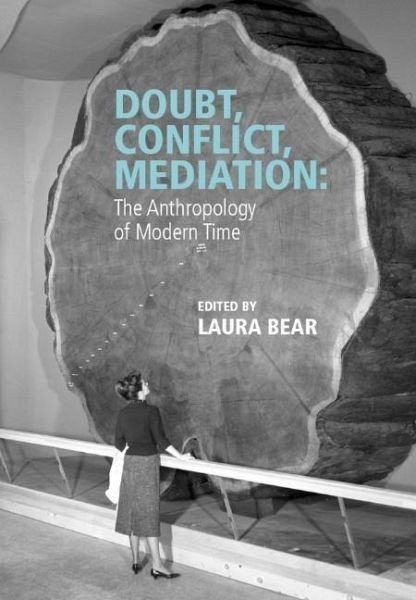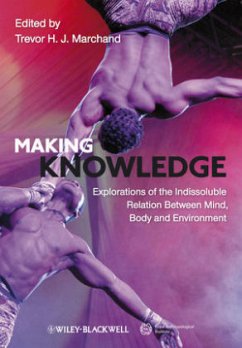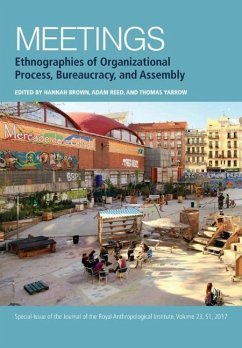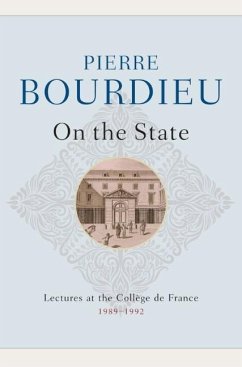
Doubt, Conflict, Mediation
The Anthropology of Modern Time
Versandkostenfrei!
Versandfertig in über 4 Wochen
34,99 €
inkl. MwSt.

PAYBACK Punkte
17 °P sammeln!
Doubt, Conflict, Mediation is an interdisciplinary examination and reassessment of standard assumptions in social theory about modern time.
Rethinks capitalist and neo-liberal conceptions of time from both a sociological and anthropological perspective
Blends innovative and rich ethnographic studies from around the world with clear theoretical approaches
Examines the timescapes of a variety of institutions and social movements, such as biotech laboratories, civic organizations, planning offices, global sea-trade, urban squatting, and state bureaucracies
Rethinks capitalist and neo-liberal conceptions of time from both a sociological and anthropological perspective
Blends innovative and rich ethnographic studies from around the world with clear theoretical approaches
Examines the timescapes of a variety of institutions and social movements, such as biotech laboratories, civic organizations, planning offices, global sea-trade, urban squatting, and state bureaucracies












